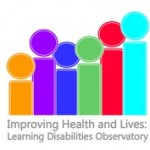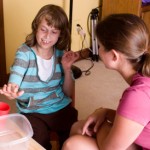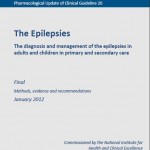
As long ago as 1994 Emerson and Hatton produced a review of UK literature on the outcomes for people with learning disabilities leaving long stay institutions (Emerson E & Hatton C (1994); Moving Out: Relocation from Hospital to Community) which involved 2,350 service users. The findings of this review of international studies nearly twenty years [read the full story…]








